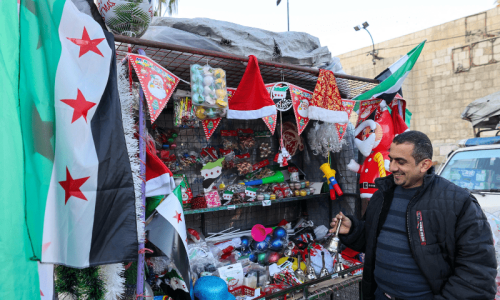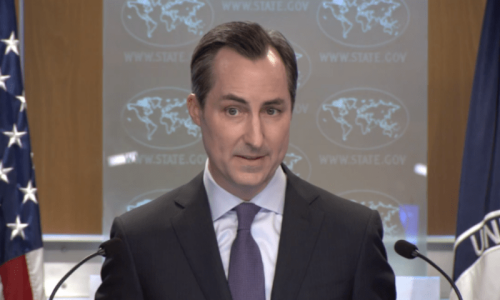You cannot look down upon him. He is not a thief. He is a dacoit, a character reviled and celebrated in our lore for the ferocity he is gifted with. You are always in awe of him, for right or wrong reasons. He evokes an image of a formidable figure wrapped in mystery, much talked about but rarely seen. Those who have met him dread him. And those who never faced him have the wildest stories to tell. A true dacoit is never a lone wolf. He has his pack. He moves in the pack and operates a member of the pack. His strength lies in the pack he leads or is member of.
Dacoity (armed robbery), the criminal offence committed by dacoits, according to the opinion of some, has its roots in the Sanskrit word Dashtaka meaning crowded which implies the crime committed in groups. Robbing with the force of arms has always been a challenge to the state whatever its nature. The state, primitive and modern, arrogates to itself the exclusive right to use violence or coercion while negotiating the matters of society whether individual or collective. A group independent of state using such a prerogative strikes at the very foundational principle of the state which, if unchecked, will gradually but surely erode the very basis of the state. Monopoly, as most of the sociologists and political theorists agree, over coercive power is one of the most fundamental functions and the rasion d’etre of the state. So the dacoit is a person who does not acknowledge the state as the final arbiter in disputes between individuals and groups and refuses to accept its sole right over the use of force to settle matters which cannot be settled through peaceful means.
Dacoity is a universal phenomenon and has a long history. Dacoits are found in almost all cultures the world over. Dacoits (Haraba in Arabic) used to plunder the Haj convoys in the pre-Islamic era. This practice was not abandoned even after the emergence of Islam and it continued till mid-twentieth century. Vikings in the West were legendry pirates who plundered on the high seas for centuries. In England, we find highwaymen who made intercity travel perilous from medieval ages to as late as the nineteenth century. Every Joe knows the exploits of Robin Hood of England who, to borrow words from Marx, embodied “the soul of soulless conditions” in a highly hierarchical society ruled by parasitic aristocracy.
The subcontinent’s history of dacoity, though coloured by a romantic tinge, reflects a realty that finds its expression in folk songs, storytelling and balladry. Broadly speaking, we find in our culture two types of dacoits with some overlapping traits. Firstly, there are dacoits who are simply criminals. They loot and plunder, and often do so in collusion with law enforcers, especially the police and powerful actors such as landlords, politicians and tycoons. They are expendable. Secondly, there are those who become heroic outlaws because the law never helps them or the likes of them. They choose to defy class oppression and rise against injustice. Due to the lack of intellectual resources, they fail to understand the historically evolved real nature of stratified society and thus resort to violence under the illusion that they can demolish not easy to demolish system that exploits the poor and the powerless. It’s the latter who are grist to the mill of folk imagination that yearns to see the world turned upside down which denies the people what is legitimately theirs. Though they never pose a serious threat to the system, they do represent, at some level, the ever-simmering conflict between the rich and the poor and the exploiters and the exploited.
During the colonial occupation of Punjab some highly memorable characters such as Nizam Lohar, Malangi, Imam Din Gohawia and Jagga mounted the stage of history as folk heroes. There is a lot of lore about each, his person and persona besides his activities, public and private. All four were not mere dacoits as they were made out to be the British administration. They had visceral hatred of the colonialists and were thus also inspired by dream of freedom. They attacked whatever in their opinion were the signs of colonialism, i.e. police stations and courts and quislings’ properties. They also robbed the ruthless money lenders and burnt their ledgers much to peasants’ relief who were trapped in a vicious cycle of debt. This was in addition to their general practice of “robbing from the rich and giving to the poor”. Noori Kamboke, the greatest balladeer of the twentieth century, wrote innumerable ballads (Dhola) on the anti-colonial resistance put up by Nizam Lohar and his comrades. In one of his ballads he says: “Nizam looks early in the morning in wonder at his sleeping companions like a deer that takes a glance at the bucks lying on the flat land”. The delicate artistic care with which the balladeer creates a humane image of the fighter is stunningly moving. And there would be hardly a Punjabi who has not heard the famous slogan that defined Malangi’s activities: “Dinne Raj Frangi Da, Rateen Raj Malangi Da (Colonial rule during the day, Malangi’s rule during the night)”. Similarly you can hear many saccharine songs about valour and generosity of Jagga, the dacoit.
Whether we like it or not, a dacoit with pro-poor disposition even today is celebrated by folk as a hero for his valour, generosity, sense of pride and irresistible instinct to stand against injustice. People with no hope for social change see in such a character the visage of a rebel. Cultish admiration for the one who has the courage to defy the established order skewed towards the rich has always been a part of zeitgeist of every age. Presence of such a dacoit in the dark recesses of our inequitable system is cause celebre because its smooth and seamless functioning is what keeps the people in perpetual servitude. And servitude is what human beings hate most. — soofi01@hotmail.com
Published in Dawn, April 22nd, 2016













































Dear visitor, the comments section is undergoing an overhaul and will return soon.